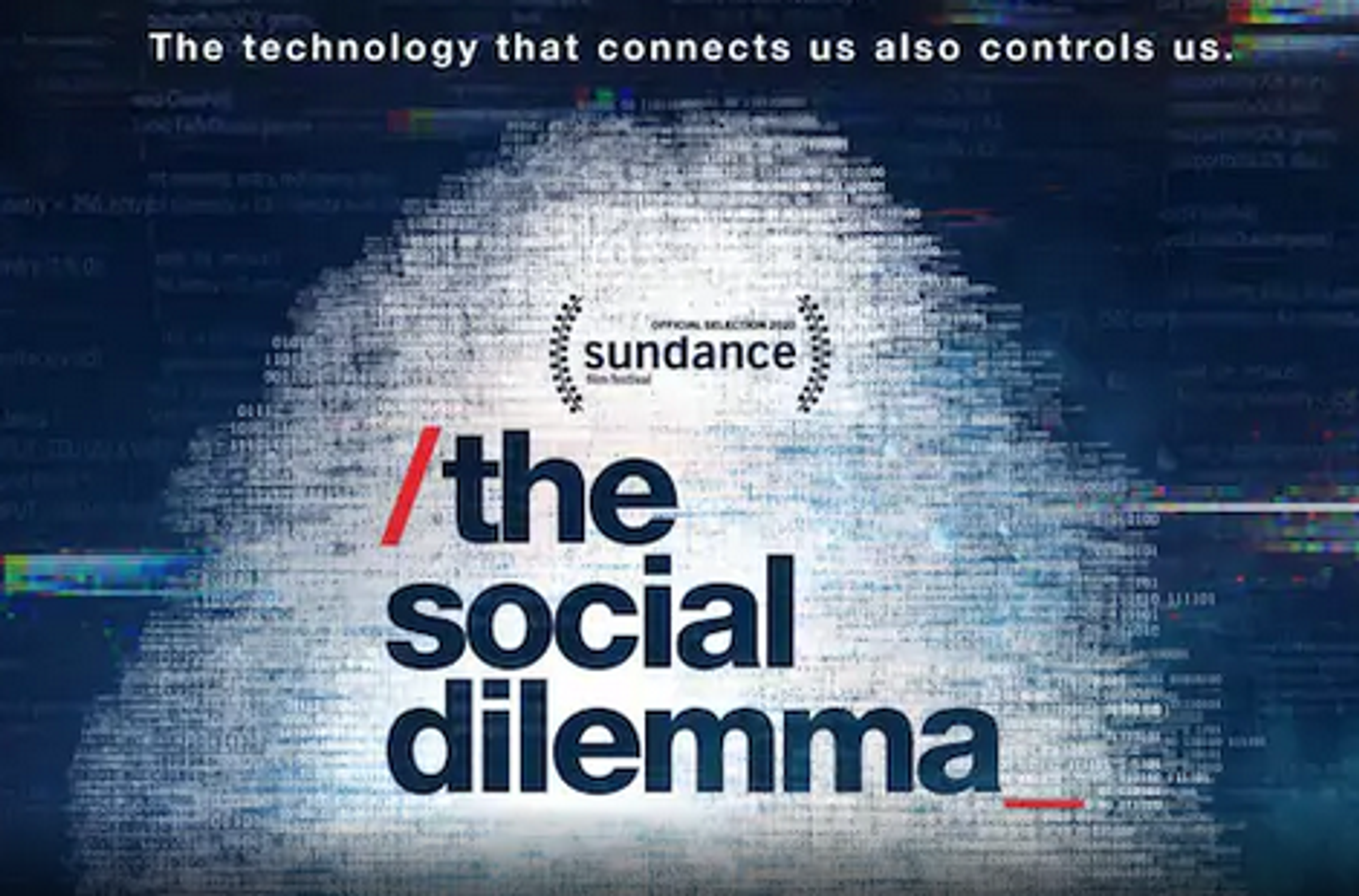Digital Frankensteins

In our epoch, we must ask whether current students’ diminishing familiarity with conceptually demanding prose and the daily truncating of their writing on social media is affecting their writing in more negative ways than in the past.
- Dr Maryanne Wolf, Reader, Come Home: The Reading Brain in a Digital World, 2018
The alarm bells have been ringing for a while. Ten years ago the PBS Frontline documentary Digital Nation: Life on the Virtual Frontier by Rachel Dretzin mapped the territory showing us how digital media had created a brave new world within a generation. We should have felt cautioned when we heard Sherry Turkle, a clinical psychologist teaching at MIT, say that her highly intelligent students “have done themselves a disservice by drinking the Kool-Aid and believing that a multitasking learning environment will serve their best purposes”. And we should have felt chilled when Clifford Nass’ research at Stanford suggested, “it may be creating people who can’t think well and clearly”.
Before this there was EPIC 2004 – a flash film made by Robin Sloan and Matt Thompson predicting our post-truth age of “alternative facts”. This eight-minute film had a profound impact and continues to ring true today as legacy news media struggles to stay relevant while Trumpworld brands their product as “fake news”. After all, if we are producers of news because we can post on Twitter then truth itself is relative – a never-ending poststructuralist play of perspectives where the loudest, most vulgar voice can prevail.
In 2015 the Atlantic published an article on social anxiety in the classroom, directly linking the use of virtual interactions to anxiety in face-to-face situations such as the classroom.
But despite all the concerns expressed by parents, psychologists, academics and educators about the Pandora’s box of the digital revolution, we seem to have been free falling.
How do we rescue our young people from the most detrimental effects of the toxic exposure of social media?
As parents, as educators, as concerned citizens of the world, we have witnessed first hand the impact of social media on our young. In fact, the fascination of the small screen in our hands is equally hard for us to resist. Try doing without your smartphone for a day. Now imagine how hard it is for our children to resist sneaking a look at the notifications during that lesson on fractions or the split infinitive.
So how do we claim our lives back? How do we rescue our young people from the most detrimental effects of the toxic exposure of social media? Copious amounts of data have been collected to prove what we know is true. Research papers, academic books and journals, magazine articles, documentaries, TED talks… and so much more – with the overwhelming message that there is a problem and we must act.
On the flip side, we have also been told that we can’t put the genie back in the bottle. It is a Faustian pact with technology that we are powerless to resist or undo.
It is in this landscape that the Netflix documentary The Social Dilemma dropped; it caught our fragmented attention, made us think again about reaching for our smartphones. I watched the documentary, as many of you have, and discussed it with friends and family. It certainly made me think, reflect and consider how technology uses us.
I watched The Social Dilemma again several times to work out why this documentary has prompted me to consider changing some of my tech habits – I’ve known this before, thought about it before but never taken the actual step of doing something.
Why now? Why this film?
My hypothesis is that the documentary is effective because it gives us the insider’s knowledge. In effect, whistle-blowers are showing us the inner workings of the creature. After all, tobacco companies were only held accountable finally because of a whistle-blower. We would also do well to remember that the monster was really not the creature – Frankenstein was the name of the good doctor in his hubristic pursuit of creating life.
I also believe that the creators of the documentary get our attention because they know how to – after all, they helped to create the tech giants who have been holding our attention captive at great profit to them and great cost to us. Facebook has reacted to the documentary, angrily producing a glossy rebuttal. Of course. Ironically, in doing so they underline that the documentary has a critically important message. We should all be paying close attention. Particularly now – in this time with even greater reliance on technology. We cannot be used by technology. We can’t allow ourselves to be the product.
Workshops for parents and teachers can be accessed here.
by Kavita Mathai
DP Coordinator, teacher of Language & Literature
kavita.mathai@preshil.vic.edu.au
